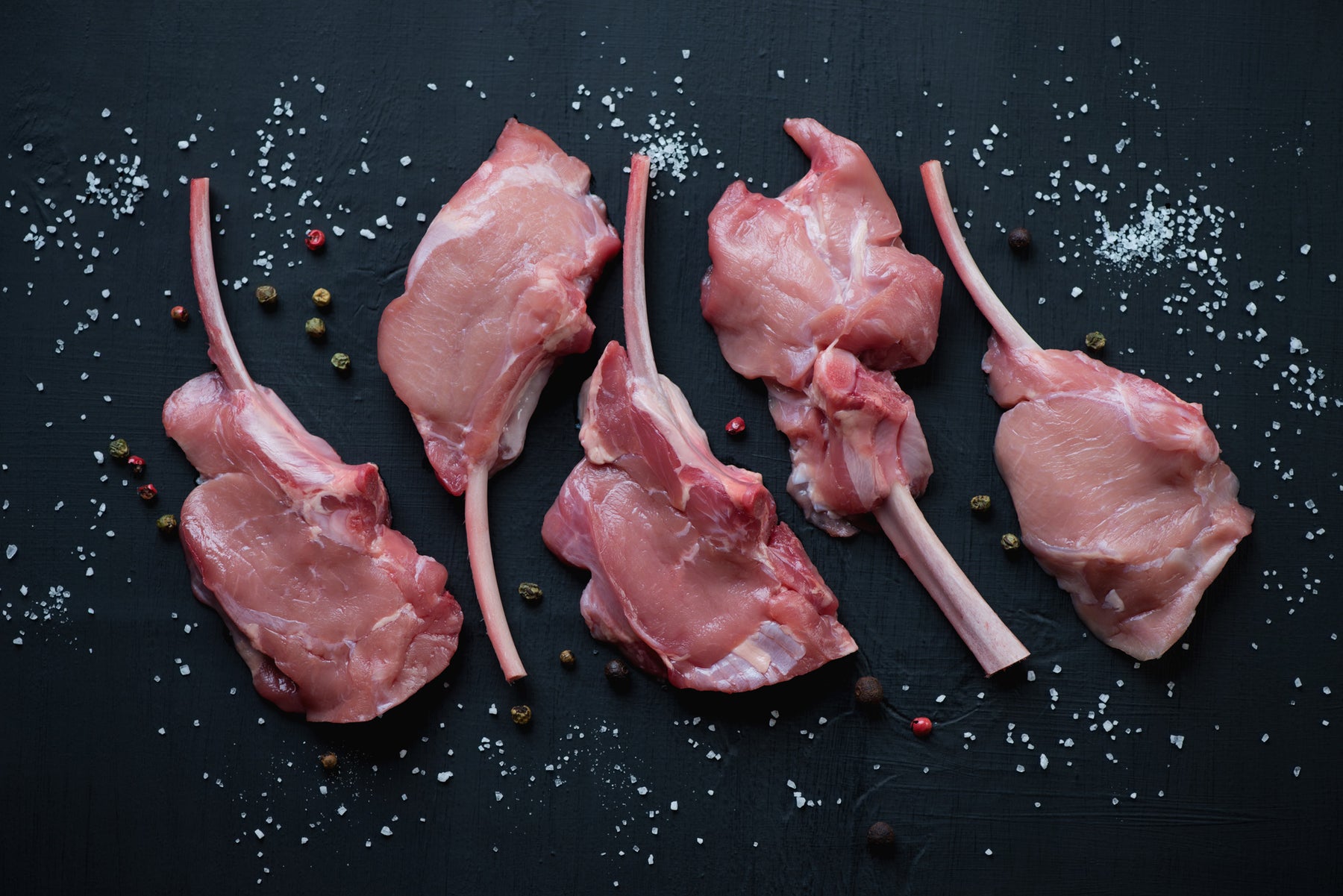
The Surprising Benefits of Eating Veal Meat (Especially Milk-Fed Veal)
What if we told you that your health would be better if you ate veal? Seems incredible, right? Especially since everyone is telling us to consume less red meat, because, it seems, it would be carcinogenic (like a lot of foods by the way).
What is veal meat?
Veal, or calf, obviously comes from the cow, the mother of the family. She gives birth to male calves and female calves (also called heifers). These heifers will grow to become dairy cows, eventually replacing the mother and continuing to contribute to the milk supply.
The male calf, meanwhile, has two possibilities. It can get to maturity and become beef, or it can be used for veal production. However, it’s only a small percentage of it that will be used for this production, which is why veal sometimes costs more than beef because of its scarcity.
Usually, this meat comes from calves of about 20 weeks old (5 months) at the time they get slaughtered.
What are the veal benefits?
In general, veal meat has a lot of benefits and nutritional facts.
Low fat: Veal meat is lean or extra lean and has a lot less fat than beef meat.
Selenium: This meat also contains elements like selenium. Selenium helps protect the system against free radicals, which provokes cardiovascular diseases and cancers.
Iron: The human body needs iron in red blood cells to transport oxygen. Iron is a great source of energy too.
Vitamin B12: This vitamin helps a lot for our energy. It’s like a recharge. It also helps for the red blood cells reproduction. Finally, this vitamin can affect mood in a positive way.
Vitamin D: This vitamin, also known as the ‘’sunshine vitamin’’, contributes to a proper functioning of muscles and bone health.
Phosphorus: This metalloid is omnipresent in our system and helps for bone metabolism, neurological system and energy.
Magnesium: Here’s another one that’s really useful for us! Magnesium fights depression and spasmophilia, prevents arrhythmia and cardiovascular diseases, and can lower fatigue. These are just some of the magnesium’s benefits.
Zinc: Zinc is excellent against cold, flu, as well as some digestive problems. Some even tell that zinc could protect from prostate cancer.
Vitamin B3: Vitamin B3 has got plenty of benefits; it helps create sexual hormones such as oestrogen and testosterone. It also helps producing insulin and haemoglobin. Lastly, it contributes in the creation of keratin, good for hair health.
Vitamin A: You’ll mostly find vitamin A in veal liver. It allows preventing some diseases such as breast cancer, cataracts, malaria, measles, to name just a few.
What are the milk-fed veal benefits?
In Canada, we produce two types of veal; grain-fed veal and milk-fed veal.
What are the differences between grain-fed veal and milk-fed veal? Mainly, it’s their diet. The first one is fed with grains, cereals, corn, etc. Milk-fed veal is fed with, you guessed it, milk. It can be maternal milk or even a powder milk formula, mixed with water, just like newborns. Its diet makes it logic that it has that light pink colour. The grain-fed one has a darker colour.
Milk-fed veal pros
Nutrient-rich: As mentioned above, milk-fed veal (and veal in general) contains a lot of nutrients such as vitamins that are essential for proper functioning of the human body and immune system.
Tenderness: Milk gives much more tenderness to the veal meat. And apart from their diet, milk-fed calves are generally raised less long than grain-fed ones, about 5 to 8 weeks less. This gives some more time to develop muscular tissue and deprive them of a bit of tenderness.
Size: Generally, or at least in Quebec and Ontario, milk-fed veal meat pieces will be a little bigger than those of grain-fed.



